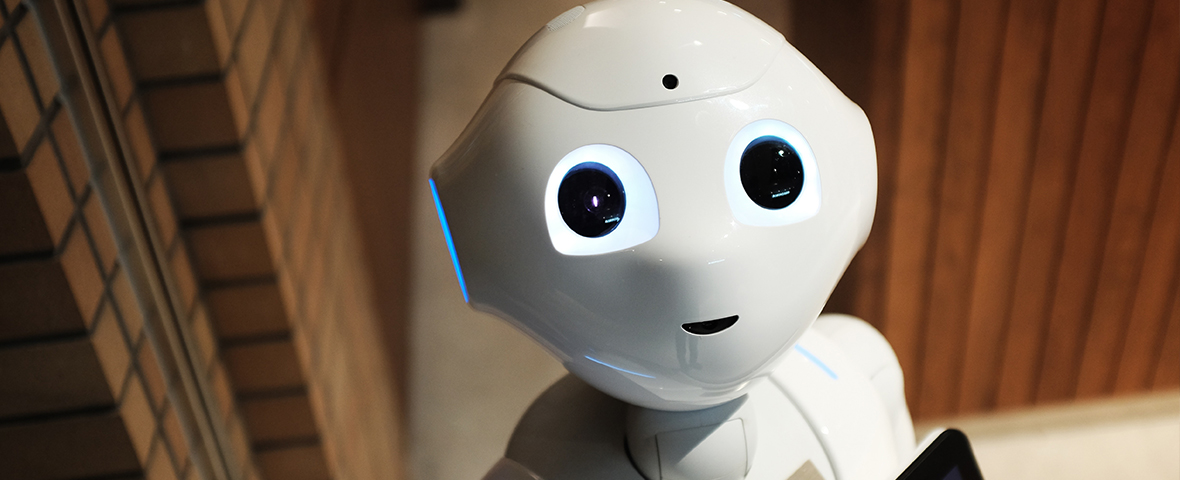This year’s ThinkFM, the BIFM’s flagship annual conference, welcomed facilities management professionals to London’s Science Museum – a fitting venue to host a heavily technology-focussed event. Themed ‘FM in a Connected World’, the day unfolded into several sessions and case studies explaining the benefits of sensors, the Internet of Things (IoT), robotics and automation. “We are in the midst of a technical revolution” declared the BIFM’s chairman, Stephen Roots, in his welcome address; but how many of the audience were feeling a part of it?
According to global research by Sodexo, robotics, or ‘co-bots’, will be a key trend for this year, and by 2030 will be “everywhere and commonplace”. Rather than fearing being replaced, the audience was urged to embrace bots, who could be tasked with unpleasant or unsafe jobs, such as cleaning the outside of windows. InterContinental Hotels Group have already started using robot housekeepers, in part due to feedback that female clientele would prefer this to male attendants. This demand for increasingly unobtrusive and personalised customer service is at the heart of the technology boom.
While sounding rather futuristic, each speaker made clear that this is just the start of the revolution, and trends such as urbanisation, employee wellness and sustainability are driving it forward. With technology providing new levels of convenience, comfort and control through the use of sensors, connected devices and more advanced CAFM software, the world is literally at our fingertips. However, on further probing of the audience’s technical knowledge, it seems that for many, sensors and smart buildings are more of a concept than a reality. An audience poll revealed that although smart buildings / smart occupancy were on the agenda for around two thirds within the next five years, only 30% were actively working on the adoption of this into their company philosophy. The remaining 10% claimed that smart technology would not be in their interests.
So, as it became clear that more education is needed to prevent FMs being swept away by this tide of tech, talk turned to skills shortages. Is the industry equipped to deal with the installation, usage, data analysis and protection of smart technology? Don’t underestimate your engineers’ willingness to learn, came the answer from IBM’s Claire Penny. While the use of data, its ownership and security was one of the key issues for the day, and has been touched on in one of our previous blogs, the bigger threat identified was in not deploying new technology.
A 2016 study from Fujitsu revealed that within the built environment sector, 87,000 new engineers are required each year due to an ageing workforce, but 22% of students viewed the profession as ‘boring’ and 80% would only be attracted if state of the art technology was used. Far from technology dehumanising the profession, people are still at the core of FM service – a theme celebrated by this year’s World FM Day. People provide a competitive advantage to organisations as well as bringing new ideas and innovation to improve the lives of others. But in order to recruit and retain them, and enable provision of an efficient, cost-effective service, technology is a necessity.
Following the explosion in popularity of smart phones and high speed internet putting information and control at one’s fingertips, today’s FM customer has become more demanding, less patient and more technology-savvy. In order to keep the workforce motivated and productive, it is FM’s responsibility to keep pace with and lead change, or face getting left behind.
Don’t miss out on the latest news, views and trends – sign up to get Service Works’ weekly blog sent directly to your inbox: http://swg.com/usa/blog-signup/.
 USA
USA



